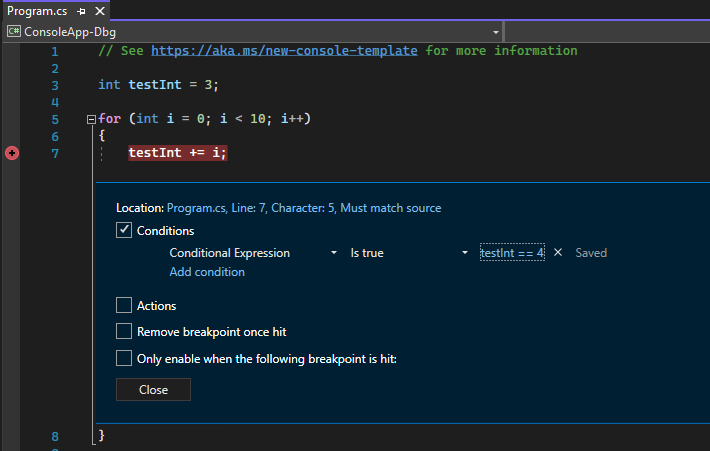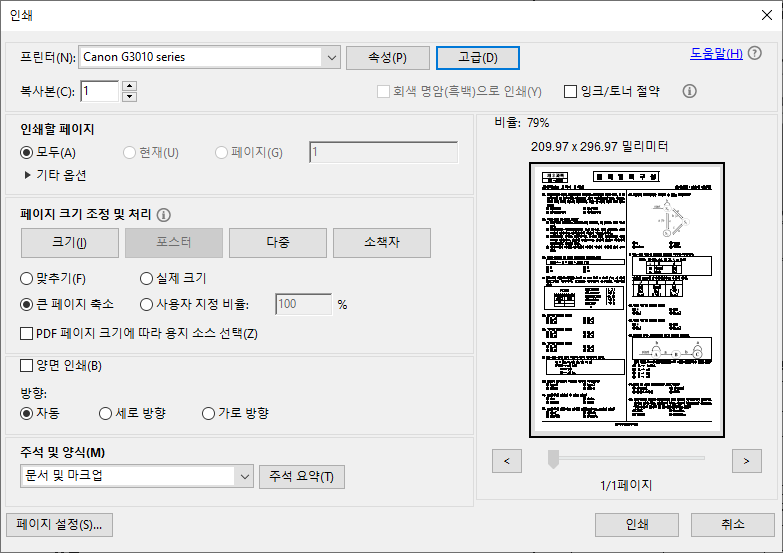{'energyUseDataSummaryInfo': {'list_total_count': 7, 'RESULT': {'CODE': 'INFO-000', 'MESSAGE': '정상 처리되었습니다'}, 'row': [{'YEAR': '2015', 'MON': '01', 'MM_TYPE': '개인', 'CNT': '767791', 'EUS': '193784708', 'EUS1': '194781915', 'EUS2': '204969429', 'ECO2_1': '-6090964', 'ECO2_2': '-2582568.736', 'GUS': '59133720', 'GUS1': '57163993', 'GUS2': '68297619', 'GCO2_1': '-3597086', 'GCO2_2': '-8057472.64', 'WUS': '12819757.886', 'WUS1': '12723680.426', 'WUS2': '12899476.73', 'WCO2_1': '8179.308', 'WCO2_2': '2715.530256', 'HUS': '22740838.937', 'HUS1': '23400055.303', 'HUS2': '27090493.875', 'HCO2_1': '-2504435.652', 'HCO2_2': '-33660084.213069', 'REG_DATE': '2015-06-04 17:03:55.0'}, {'YEAR': '2015', 'MON': '01', 'MM_TYPE': '학교', 'CNT': '1382', 'EUS': '134955565', 'EUS1': '128707423', 'EUS2': '145561511', 'ECO2_1': '-2178902', 'ECO2_2': '-923854.448', 'GUS': '9107197', 'GUS1': '8410968', 'GUS2': '10745416', 'GCO2_1': '-470995', 'GCO2_2': '-1055028.8', 'WUS': '2075819.2', 'WUS1': '2097433.8', 'WUS2': '2133200.8', 'WCO2_1': '-39498.1', 'WCO2_2': '-13113.3692', 'HUS': '0', 'HUS1': '0', 'HUS2': '0', 'HCO2_1': '0', 'HCO2_2': '0', 'REG_DATE': '2015-06-04 17:03:55.0'}, {'YEAR': '2015', 'MON': '01', 'MM_TYPE': '종교단체', 'CNT': '32', 'EUS': '372270', 'EUS1': '363376', 'EUS2': '411363', 'ECO2_1': '-15099.5', 'ECO2_2': '-6402.188', 'GUS': '53331', 'GUS1': '45727', 'GUS2': '63312', 'GCO2_1': '-1188.5', 'GCO2_2': '-2662.24', 'WUS': '5945', 'WUS1': '4548', 'WUS2': '4519', 'WCO2_1': '1411.5', 'WCO2_2': '468.618', 'HUS': '0', 'HUS1': '0', 'HUS2': '0', 'HCO2_1': '0', 'HCO2_2': '0', 'REG_DATE': '2015-06-04 17:03:55.0'}, {'YEAR': '2015', 'MON': '01', 'MM_TYPE': '소상공인', 'CNT': '2058', 'EUS': '10249618', 'EUS1': '9927610', 'EUS2': '11039593', 'ECO2_1': '-233983.5', 'ECO2_2': '-99209.004', 'GUS': '536119', 'GUS1': '523810', 'GUS2': '642921', 'GCO2_1': '-47246.5', 'GCO2_2': '-105832.16', 'WUS': '147273', 'WUS1': '146480.6', 'WUS2': '147325.6', 'WCO2_1': '369.9', 'WCO2_2': '122.8068', 'HUS': '0', 'HUS1': '0', 'HUS2': '0', 'HCO2_1': '0', 'HCO2_2': '0', 'REG_DATE': '2015-06-04 17:03:55.0'}, {'YEAR': '2015', 'MON': '01', 'MM_TYPE': '공동주택관리소', 'CNT': '1747', 'EUS': '327102096', 'EUS1': '329852334', 'EUS2': '351694752', 'ECO2_1': '-13671447', 'ECO2_2': '-5796693.528', 'GUS': '22834274', 'GUS1': '21141017', 'GUS2': '25338506', 'GCO2_1': '-405487.5', 'GCO2_2': '-908292', 'WUS': '12844807.5', 'WUS1': '12763070', 'WUS2': '12979835.8', 'WCO2_1': '-26645.4', 'WCO2_2': '-8846.2728', 'HUS': '0', 'HUS1': '0', 'HUS2': '0', 'HCO2_1': '0', 'HCO2_2': '0', 'REG_DATE': '2015-06-04 17:03:55.0'}, {'YEAR': '2015', 'MON': '01', 'MM_TYPE': '기업', 'CNT': '16751', 'EUS': '583090528', 'EUS1': '586779350', 'EUS2': '632471031', 'ECO2_1': '-26534662.5', 'ECO2_2': '-11250696.9', 'GUS': '37835680', 'GUS1': '35765271', 'GUS2': '47713673', 'GCO2_1': '-3903792', 'GCO2_2': '-8744494.08', 'WUS': '6581017', 'WUS1': '6591203.4', 'WUS2': '6684708.2', 'WCO2_1': '-56938.8', 'WCO2_2': '-18903.6816', 'HUS': '0', 'HUS1': '0', 'HUS2': '0', 'HCO2_1': '0', 'HCO2_2': '0', 'REG_DATE': '2015-06-04 17:03:55.0'}, {'YEAR': '2015', 'MON': '01', 'MM_TYPE': '공공기관', 'CNT': '2981', 'EUS': '247059373', 'EUS1': '242471579', 'EUS2': '261884067', 'ECO2_1': '-5118450', 'ECO2_2': '-2170222.8', 'GUS': '11524542', 'GUS1': '10057837', 'GUS2': '13760048', 'GCO2_1': '-384400.5', 'GCO2_2': '-861057.12', 'WUS': '1522465.2', 'WUS1': '1495786.6', 'WUS2': '1522178.8', 'WCO2_1': '13482.5', 'WCO2_2': '4476.19', 'HUS': '0', 'HUS1': '0', 'HUS2': '0', 'HCO2_1': '0', 'HCO2_2': '0', 'REG_DATE': '2015-06-04 17:03:55.0'}]}}






























